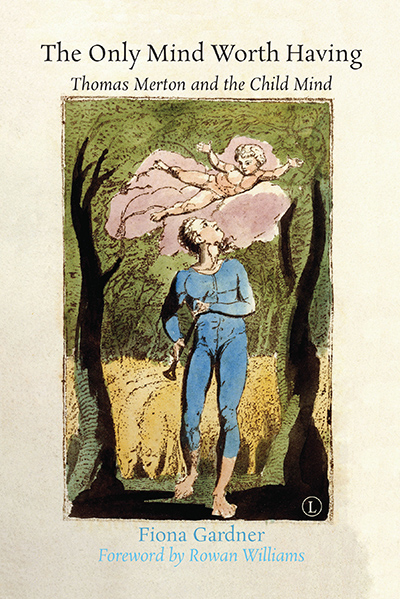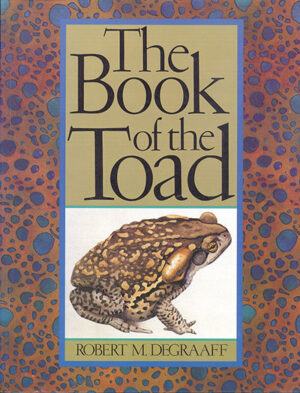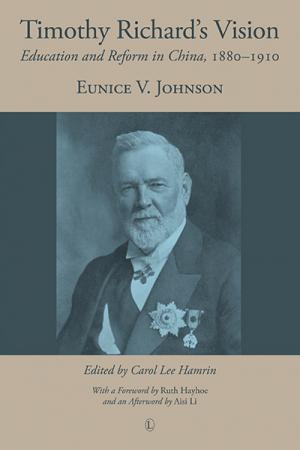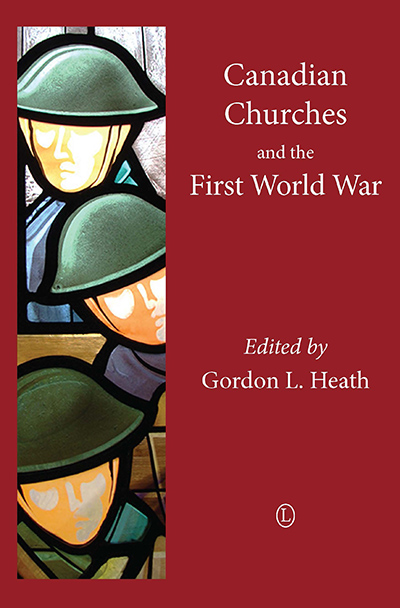Description
In The Only Mind Worth Having, Fiona Gardner takes Thomas Merton’s belief that the child mind is “the only mind worth having” and explores it in the context of Jesus’ challenging, paradoxical, and enigmatic command to become like small children. She demonstrates how Merton’s belief and Jesus’ command can be understood as part of contemporary spirituality and spiritual practice. To follow Christ’s command requires a great leap of the imagination. Gardner examines what it might mean to make this leap when one is an adult without it becoming sentimental and mawkish, or regressive and pathological. Using both psychological and spiritual insights, and drawing on the experiences of Thomas Merton and others, Gardner suggests that in some mysterious and paradoxical way recovering a sense of childhood spirituality is the path towards spiritual maturity. The move from childhood spirituality to adulthood and on to a spiritual maturity through the child mind is a move from innocence to experience to organised innocence, or from dependence to independence to a state of being in-dependence with God.
About the Author
Fiona Gardner is a psychotherapist, spiritual director and writer. She is the author of The Four Steps of Love and Precious Thoughts among other books and articles. Formerly chair of the Thomas Merton Society of Great Britain and Ireland and co-editor of The Merton Journal, she is on the board of the International Thomas Merton Society and was awarded a “Louie” in 2015 at the ITMS Centenary Conference.
Contents
Foreword by Rowan Williams
Acknowledgments
1. Introduction to Jesus’ Command, to Thomas Merton, and to Ideas about the Spirit of the Child
Part 1: Understanding
2. Infancy and Rebirth
3. Thinking about God as Parent and God as Child
4. The Influence of Monastics, Saints, and Theologians on Thomas Merton’s Thinking on the Child Mind
5. Child’s Mind is Buddha’s Mind
6. The Shadow and the Disguise: The Adult Life of Care
Part 1: Re-Finding
7. The Enchanted World, the Tendency towards Dis-enchantment, and the Possibility of Re-enchantment
8. The Secret Life of the Wounded Child
9. Finding Spiritual and Psychological Healing
10. An Invitation to Look and Find Paradise
Part 1: Becoming
11. Dancing in the Water of Life
12. Poetry: The Language of the Child Mind
13. The Divine Play of God: Play and Creativity
14. The Internal Landscape of the Child Mind and Models of Spiritual Maturity
15. Epiphanies of the Child Mind
Afterword
Bibiliography
Index
Endorsements and Reviews
In this insightful, profoundly helpful, compelling book, Fiona Gardner draws upon her skills as a psychotherapist and theologian to explore Jesus’s invitation to become as little children. This innovative book, so helpfully exemplified at every turn by reference to the story and writings of Thomas Merton, puts before us the vital necessity of finding again the spirit of the child – the child mind – as the path of spiritual maturity is pursued.
John Moses, Dean Emeritus of St Paul’s Cathedral, London
In this beautifully written, richly textured, and carefully nuanced study, Fiona Gardner plumbs the meaning of an important, yet long-neglected, theme in Thomas Merton’s writings: the child mind. … This book will enrich your understanding of Merton, deepen your appreciation of the spiritual traditions that helped form him, and, perhaps, even cause the child mind within you to awaken.
Christine M. Bochen, Professor of Religious Studies, William H. Shannon Chair in Catholic Studies, Nazareth College
[Gardner] is a psychotherapist and spiritual director and is well acquainted with Merton’s writing, having been the chair of the Thomas Merton Society of Great Britain. She points out that the process of becoming involves growth towards a beginning to be. … I have found this book immensely stimulating and valuable.
Sr. Mary John Marshall, OSB, in The American Benedictine Review, Vol 68, No 3
Fiona Gardner authoritatively yet sensitively draws on the poetry, journals, and correspondence of Thomas Merton and has expanded her own previously published lectures and articles to produce a work that is as fascinating as it is much-needed. It is, I think, one of the best introductions to the life and writing of Thomas Merton I know.
Luke Penkett, in The Heythrop Journal, Vol 58, Issue 5
The Only Mind Worth Having is worth reading for those interested in Merton’s Spirituality and his psychological underpinnings, but also for the rich collection of quotations and resonances with philosophers, theologians, psychologists and spiritual thinkers.
William Kondrath, in Anglican Theological Review, Vol 100, No 3
The book gets really interesting as the author suggests the sorts of experiences and activities through which we are most likely to re-find the ‘child’s mind’ and become our true self.
Peter Chave, in Reform Magazine, February 2017






